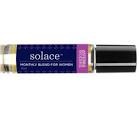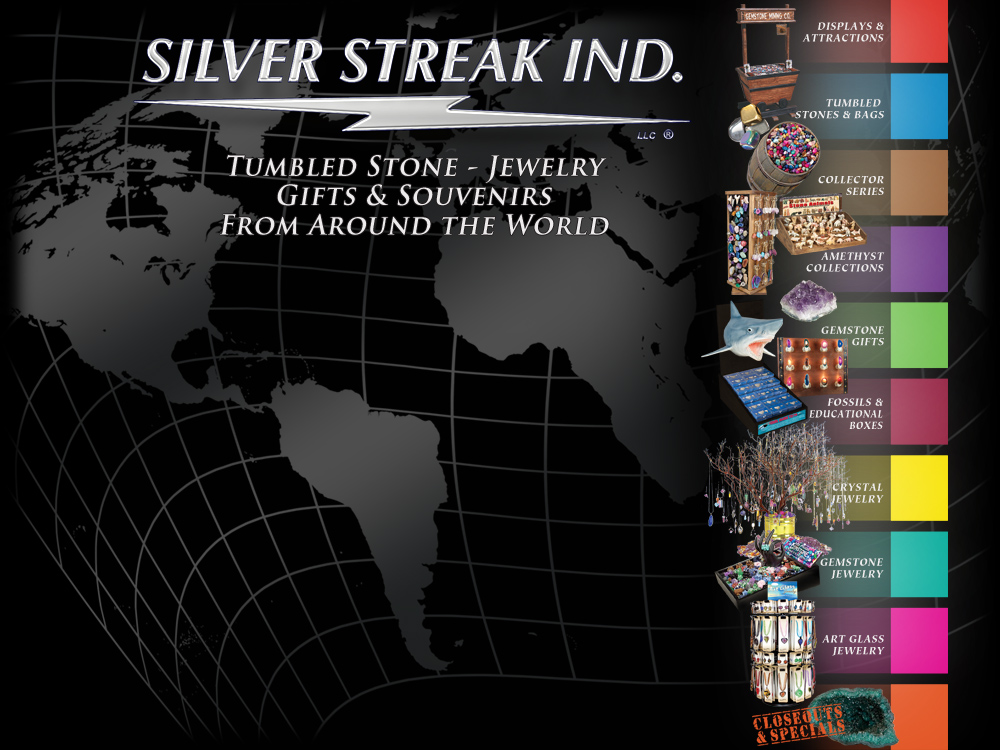Indianapolis, Indiana – Eli Lilly and Company of Indianapolis, Indiana (“Lilly”) has filed a trademark infringement lawsuit in the Southern District of Indiana alleging that Graham Nelson, Zoja Pty Ltd. d/b/a Pet Supply International Ltd., and Pet Products Net, all of Australia, infringed the trademark COMFORTIS, Trademark Registration No. 3,370,168, which has been registered by the U.S. Trademark Office.
Lilly, through its Elanco Animal Health Division, manufactures, markets and sells pet  medicines, including flea-control preparations and treatments for parasitic infestations. It contends that it has made long and continuous of the name and mark “Elanco” in connection with veterinary preparations. It also asserts that it has long used the “Comfortis” mark, which was registered by the U.S. Trademark Office in 2008. Lilly claims that it has sold tens of millions of dollars’ worth of veterinary preparations, pet medicines and related goods and services under the Elanco and Comfortis marks.
medicines, including flea-control preparations and treatments for parasitic infestations. It contends that it has made long and continuous of the name and mark “Elanco” in connection with veterinary preparations. It also asserts that it has long used the “Comfortis” mark, which was registered by the U.S. Trademark Office in 2008. Lilly claims that it has sold tens of millions of dollars’ worth of veterinary preparations, pet medicines and related goods and services under the Elanco and Comfortis marks.
Among Lilly’s products is Trifexis, a once-monthly veterinary medication, which contains the veterinary chemicals spinosad and milbemycin oxime. Trifexis is for the prevention of heartworms, fleas and intestinal worms. It is sold in the United States with what Lilly contends to be an inherently distinctive and non-functional trade dress. Trifexis is available only by prescription through licensed veterinarians. Lilly sells a similar product in Australia, with similar trade dress, under the name “Panoramis.”
Defendants Nelson, Zoja, Pet Supply and Pet Products Net do business over the Internet, including at the website www.bestvaluepetsupplies.com. Among the products listed on their website is “Panoramis aka Trifexis.” While the companies are apparently based in Australia, the website indicates that they ship to the United States.
Lilly has sued Defendants over the sale of Panoramis to the United States. It asserts that units designed for sale in markets such as Europe and Australia are neither intended nor authorized for sale in the United States. Lilly further indicates that the Elanco- and Comfortis-branded pet medicines are tailored to meet the requirements of different geographic regions and countries to reflect the differences in language, climate, government regulations, units of measure, local addresses and telephone numbers, among other things.
Lilly objects to the Defendants’ purported advertisement of units designed for the Australian and European markets as identical to or interchangeable with the units designed for sale in the United States. It states that that the Elanco-branded “Panoramis” pet medicines are materially different from its Elanco-branded “Trifexis” pet medicines sold in the United States.
Trademark attorneys for Lilly assert that Defendants are not authorized to use Lilly’s Elanco or Comfortis names and trade dress in connection with the sale of once-monthly spinosad and milbemycin oxime pet medicines outside of Australia. Lilly has sued Defendants, asserting willful infringement of its trademarks. It asserts the following in its complaint:
• First Claim for Relief: Trademark Infringement in Violation of Section 32 of the Lanham Act
• Second Claim for Relief: Unfair Competition in Violation of Section 43(a) of the Lanham Act
• Third Claim for Relief: False Advertising in Violation of Section 43(a) of the Lanham Act
• Fourth Claim for Relief: Unfair Competition in Violation of Indiana Common Law
Lilly asks for preliminary and permanent injunctions; damages, including treble damages; the Defendants to be required to notify all purchasers of the accused products, request the return of the products and refund the price paid; pre- and post-judgment interest and costs of the suit.
Practice Tip:
Lilly is objecting to the so-called “grey market” for its veterinary pharmaceuticals. Prices for drugs can vary considerably between countries, often as a result of government intervention in the market. As a result, a “grey market” – selling a drug intended for use in one country to consumers in another country – can emerge. In this complaint, Lilly has framed its objection to a grey market for its pet-care pharmaceuticals as an intellectual property dispute.
Intellectual property law requires a balancing of competing interests. On the one hand, innovation will be discouraged if inventors, authors and other creators of intellectual property are not allowed to benefit from their labors. Such a problem arises if others are allowed to use creators’ ideas without compensating them (the “free-rider problem”). On the other hand, the public good is promoted by encouraging free competition in the marketplace and easy alienability of property.
Under the first-sale defense to infringement, once a copy of an item protected by intellectual property laws has been sold to a purchaser, the creator of the intellectual property generally may not prevent that purchaser from reselling or otherwise disposing of the item. In patent and copyright law, the first-sale rule in most cases provides an absolute defense against infringement. In patent law, this is also referred to as “patent exhaustion.” As a result, the purchaser of a copy of the work and the owner of the intellectual property rights to that work may become competitors in the marketplace if the purchaser goes to resell a copy of the work.
The first-sale defense is not as broad in a trademark context. Enunciated in 1924 by the U.S. Supreme Court, the general rule for the resale of a trademark item provides that, after a trademark owner has sold a trademarked product, the buyer ordinarily may resell that product under the original mark without incurring any trademark liability. See Prestonettes, Inc. v. Coty, 264 U.S. 359 (1924). However, unlike patent or copyright law, trademark law has as one of its primary goals preventing confusion among potential purchasers. Typically, but not always, such confusion will not exist where a genuine article bearing an authentic trademark is sold. While there is a split among the circuits concerning the extent to which consumer confusion is a relevant factor, some hold that certain types of confusion about a product’s origin cause the first-sale defense to be inapplicable to the resale of a trademarked good. See Au-Tomotive Gold Inc. v. Volkswagen of America, Inc., 603 F.3d 1133, 1134 (9th Cir. 2010).






